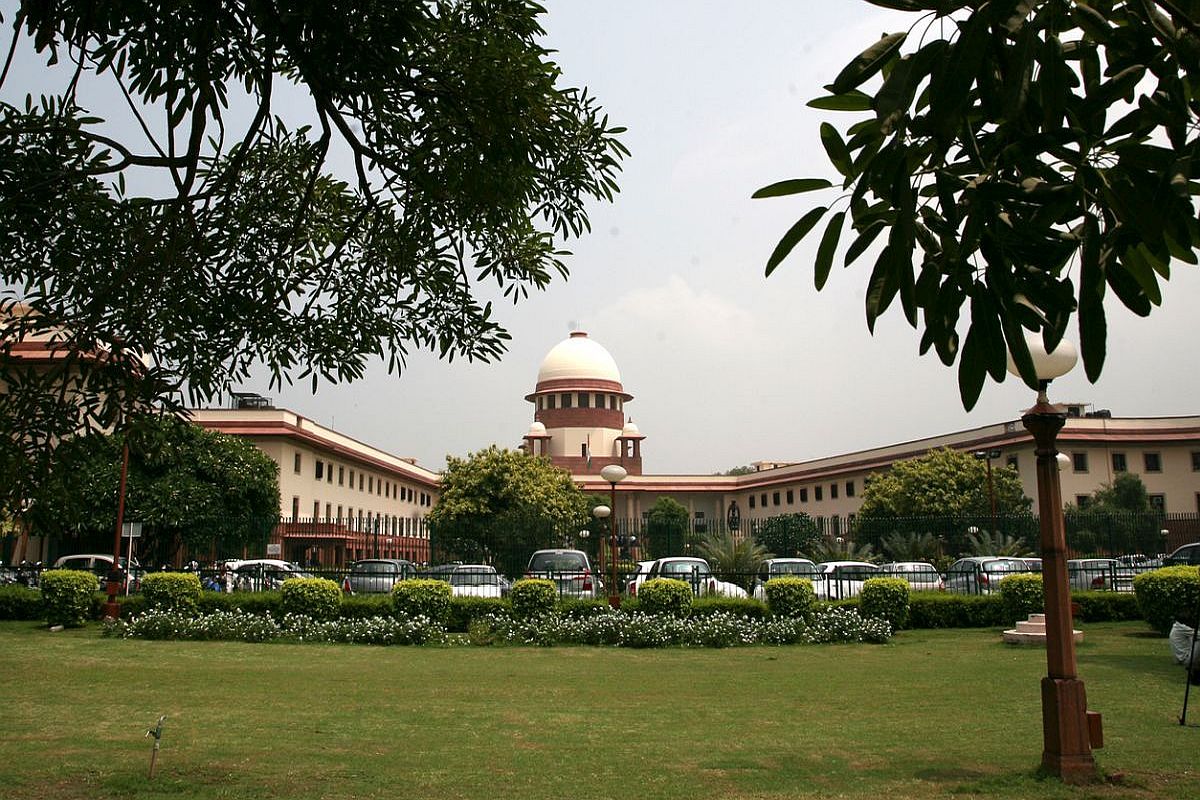EC defends integrity of EVMs in SC, asserts it can’t be manipulated
The Election Commission of India (ECI) defended the integrity of the electronic voting system, asserting that it was not prone to any external interference or manipulations.
A bench headed by Chief Justice SA Bobde allowed the petitioner, a United Arab Emirates-based non-resident Indian, to withdraw her plea with the liberty to approach the high court.

Supreme Court (Photo: Getty Images)
The Supreme Court on Tuesday asked a Non-Resident Indian (NRI) petitioner, who filed a plea alleging corruption in the 2019 Lok Sabha elections, to approach the high court first with her grievances. A bench headed by Chief Justice SA Bobde allowed the petitioner, a United Arab Emirates-based non-resident Indian, to withdraw her plea with the liberty to approach the high court.
“Why have you come with Article 32 petition? Why have not you gone to the high court first?,” the bench, also comprising Justices BR Gavai and Surya Kant, asked the petitioner. She responded that the top court’s earlier orders were allegedly violated during last year’s Lok Sabha polls and there was corruption in the elections and people of India were cheated.
“The high court can also take cognisance of the Supreme Court’s order,” the bench said, adding, “You withdraw this and go to the high court”. The petitioner then said if she was asked to approach the high court then it “will not be justice” as she had to come from abroad to pursue her case.
Advertisement
To this, the bench said, “Just because you have to come from outside, is it injustice? You have come here on your own. Justice needs to be done according to law. …We will not admit this case. We will allow you to withdraw this and go to the high court”.
When the petitioner insisted that she has proof of how people of India were allegedly cheated in the 2019 general elections, the bench said, “You are not representing people of India. You do not even live here”. She said that her parents are residing in India. The bench then asked a lawyer, who was present in the court, to advise the petitioner on how she can approach the high court and whether the court can grant such wide-ranging relief as sought by her.
Advertisement